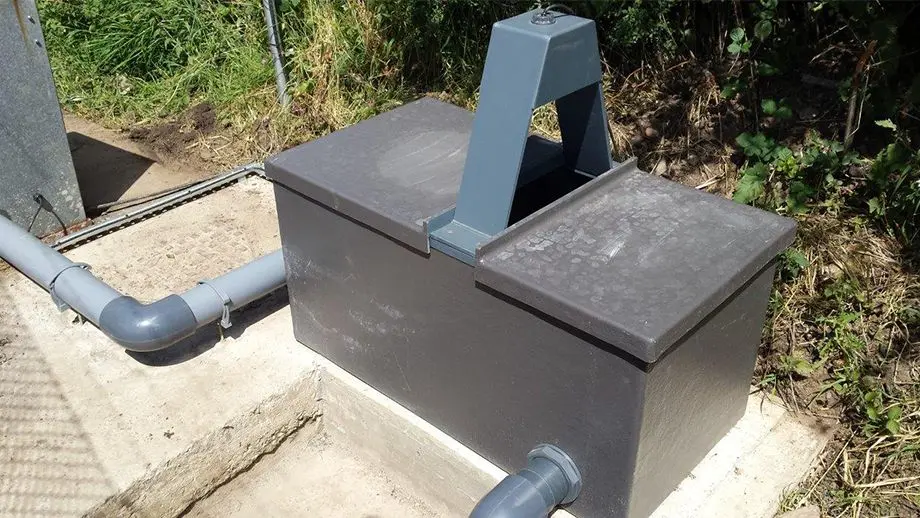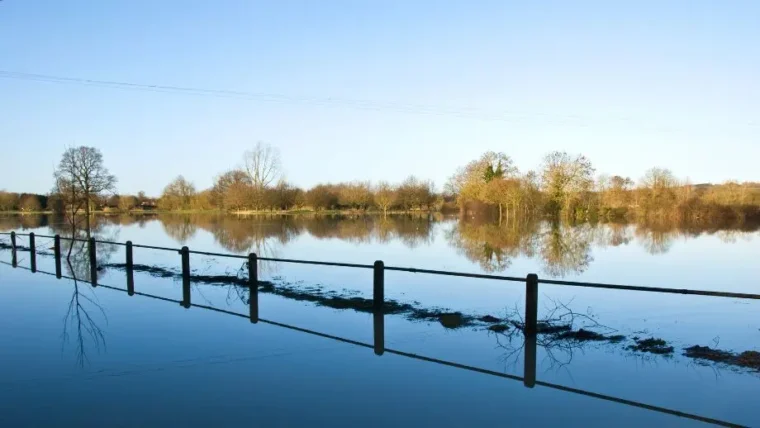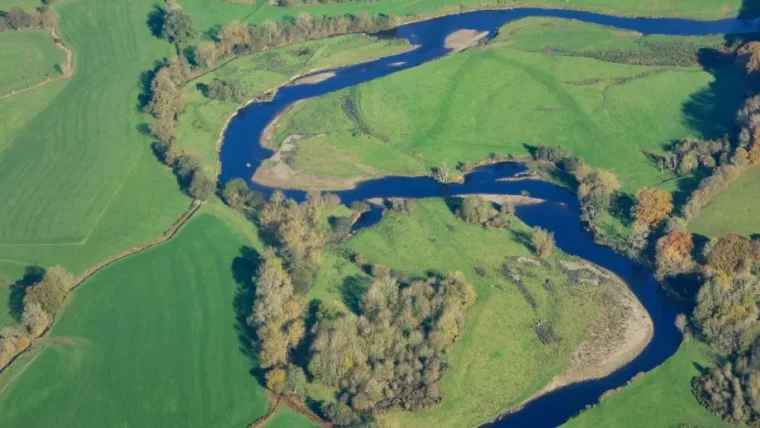What is MCERTS and what does it mean?
16 September 2015

MCERTS is based on international standards and provides a framework for businesses to meet the defined quality requirements. This gives confidence to the Environment Agency of England & Wales (EA) that the monitoring arrangements you have in place paint an accurate picture of your emissions to the environment.
Businesses that have discharges or emissions to air, land and/ or water are subject to strict UK and European laws designed to protect the environment and human health. As discussed in our previous blog, if you are a business that has emissions, you may need an environmental permit to operate. This permit will determine your limits, parameters and monitoring requirements including whether you monitor continuously or at times defined in your permit (spot tests or periodic monitoring).
A lot of permits issued by the Environment Agency (EA) dictate that the monitoring of your emissions or discharges must meet their quality requirements, known as the Monitoring Certification Scheme (MCERTS). If you have MCERTS requirements in your permit, it should be fairly easy to find in the monitoring section. The clause may read something like “monitoring equipment, techniques, personnel and organisations employed for the emissions monitoring programme…shall have either MCERTS certification or MCERTS accreditation (as appropriate), where available, unless otherwise agreed in writing by the Environment Agency”. If this sounds familiar, you must make sure that your monitoring arrangements adhere to the relevant MCERTS standards or you have written agreement from the EA on file and to hand.
MCERTS is broadly used to ensure that the process of monitoring that businesses use is reliable and reflects compliance to the requirements that are imposed on them in line with their legal obligations. The scheme includes standards for the product certification of instruments, the competency of personnel and the accreditation of laboratories. It mandates that audits must be carried out to ensure best and appropriate practices are followed and that all monitoring equipment and installations are suitable for the monitoring required. The CSA Group (under Sira Certification Service) is the MCERTS certification body that provides the certification of equipment, personnel and inspection service and is accredited by the United Kingdom Accreditation Service (UKAS).
MCERTS covers a number of standards associated with emissions monitoring and testing. For water monitoring, the standards cover everything from the minimum requirements for the self-monitoring of flow and competency standards for inspectors to performance standards for organisations (including laboratories) undertaking sampling and chemical testing of water. Under emissions to air, there are further performance standards for indicative ambient particulate monitors, organisations monitoring manual stack emissions and portable emission monitoring systems. There are also standards for the testing of soil and data management.
MCERTS doesn’t only give confidence to the EA; it can also show that data obtained by complying with MCERTS is reliable to you, the public and other organisations you deal with. The scheme is not used exclusively by the EA either. Some water utilities also set MCERTS as a requirement for the discharge of water to the sewer under a discharge consent, so they are sure that the data they are receiving is accurate and reliable.
If you have an environmental permit, or any consent for discharges or emissions, it is important to know what is expected from your business, as we looked at in our previous blog. One of those requirements may be monitoring to MCERTS standards. If this is in your permit, it is very important that you comply and that all of your equipment and staff (or contractors) have the appropriate experience and certification. It might be worth a quick check of your permit now.









